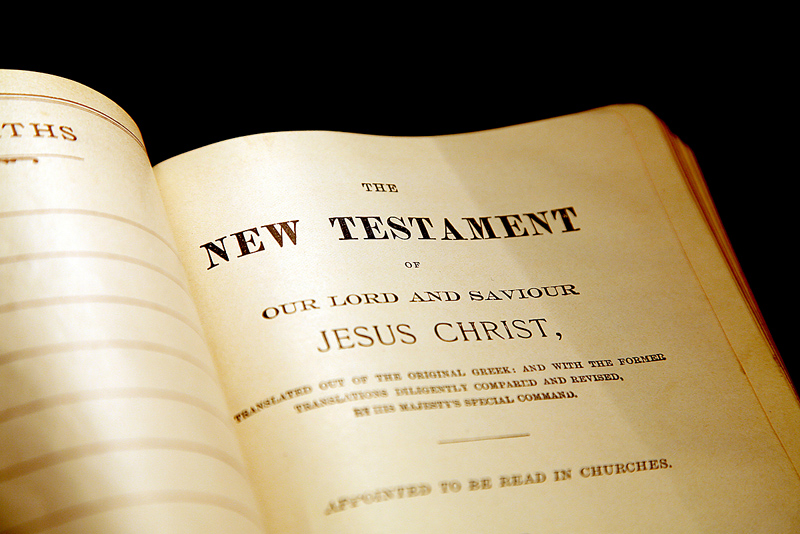Mark 10:2–10, (cp. Matt 5:31–32 and 19) Is it lawful for a man to divorce his wife? Yeshua confirms the fact that divorce wasn’t part of YHVH’s original marriage plan, but that Moses allowed divorce only for a specific reason.

In the Torah, divorce was permitted for lack of virginity at the time of marriage, and for specific sexual sins committed that violated the marriage covenant (note Deut 22:13–14 cp. Deut 24:1–4), yet eventually (by the time of Yeshua), among some of the Jews, the divorce laws had become so relaxed that a man could put his wife away for any reason (Matt 19:3). To those Jews who had such a liberal interpretation of the Torah’s divorce laws, Yeshua was addressing not what the Torah specifically said, but what the religious-legal interpretations had become of those laws.
To bring the concept of marriage and divorce back to the Creator’s original design, Yeshua upheld that, according to the Torah—YHVH’s master plan, marriage between a man and a woman was inviolable and that divorce was permissible only for certain gross sexual sins and for (irreconcilable) hardness of heart (see more at Matt 19:8–9).
The bottom line of what Yeshua is saying is this: YHVH’s highest ideal is for a man and woman to marry and become one, as YHVH Elohim (the Godhead — the Father, the Holy Spirit/Mother, and the Son) is one, of which the marriage is to be a reflection. Sadly, because of the hardness of the sinful human heart, divorce happens, which Moses permitted under certain circumstances, but not for just any reason. Divorce, though permissible, is YHVH’s lowest ideal for the family, since it leaves in its wake so much ruination.
Mark 10:10–13, Divorces…little children. The proximity to Yeshua’s teaching on divorce with his blessing the little children presents us with an interesting juxtaposition of ideas. It’s as if the Gospel writer is obliquely conveying to us the fact that divorce is detrimental to families — especially to children.
Mark 10:11, Divorces his wife and marries another. Tertullian (A.D. 160–220), the early church father, understands this to mean that he who divorces his wife in order to marry another does so unlawfully and is thus an adulterer. He concedes that Moses allowed for divorce and that Yeshua accepts this provision in the Torah, but not if it’s done for the wrong reasons and, therefore, unlawfully (Ante-Nicene Church Father, vol 3; “Tertullian Against Marcion”; Book 4, chap 34; pp. 404–405; Hendrickson, 1995).








